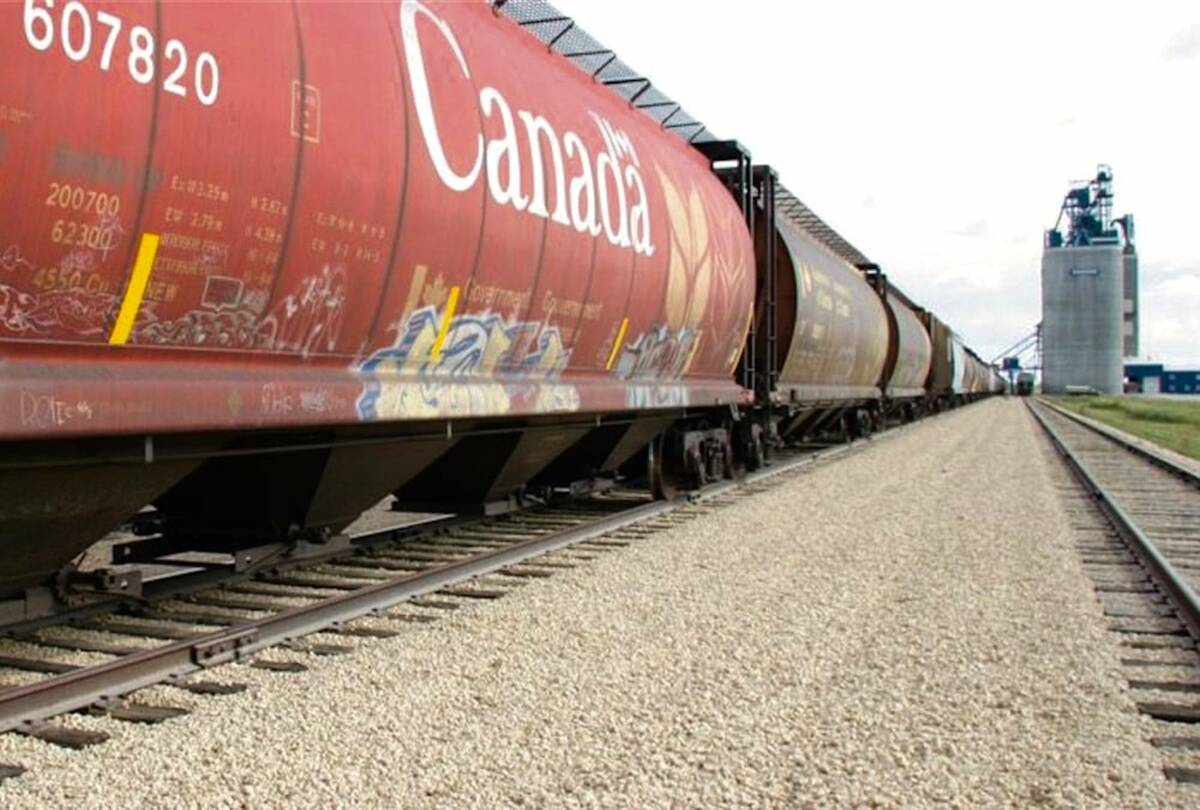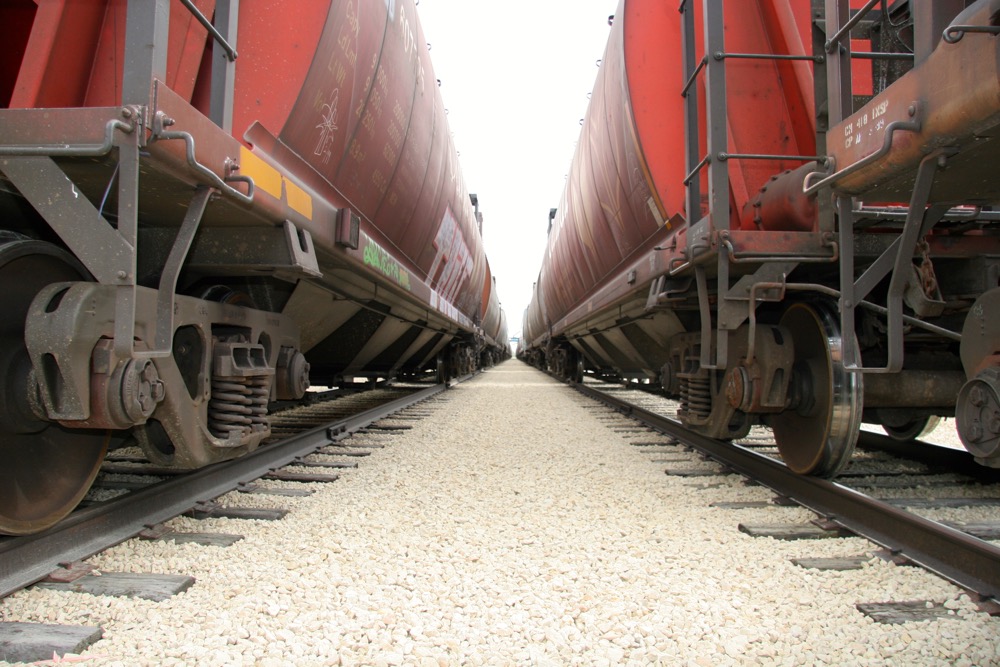The Western Grain Elevator Association (WGEA) has added its voice to grain industry organizations praising a report from the Standing Committee on Transport, Infrastructure and Communities on rail transportation affecting grain shippers.
Recommendations in the report broadly encompass the adjustments required to the Canada Transportation Act to ensure the Canadian economy prospers in the long run.
“Canada’s new rail transportation policy that the government plans to table in the spring of 2017 will largely shape how the grain sector and other rail-reliant industries do business well into the future and it is critical that we get the details right,” said Wade Sobkowich, executive director of the WGEA in a release. “For grain handlers and the 100,000 growers who rely on rail service to get their product to customers, there is no more important issue today.”
Read Also

Canadian National Railway files with U.S. regulator for more details on Union Pacific-Norfolk deal
Canadian National on Monday said it filed a motion with the U.S. Surface Transportation Board that asks the agency to order Union Pacific and Norfolk Southern to disclose more details on their proposed merger.
The Canadian Oilseed Processors Association (COPA) has also issued a statement supporting the committee recommendations.
The committee has recommended important provisions on financial penalties which are especially critical to drive balanced accountability in grain by rail logistics and which have been a long-standing request on behalf of the entire grain value chain.
The WGEA is also pleased with the recommendation to extend interswitching limits to create real competition for those facilities falling within 160km of interchanges. It said extended interswitching is a valuable provision for grain shippers and it is important it becomes a predictable and reliable long-term tool.
The WGEA also noted the committee’s recommendation to clarify the definition of “adequate and suitable” accommodation which sets out the spirit and intent of how railways should meet the requirements of shippers.
“The service obligations and capacity of the railways is critical to help Canada meet the economic opportunities we have with customers at home and abroad,” said Sobkowich, “the definition of ‘adequate and suitable’ is really there to ensure the system focuses on the market demands of those customers and not be based on what the railways might be willing to supply.”














